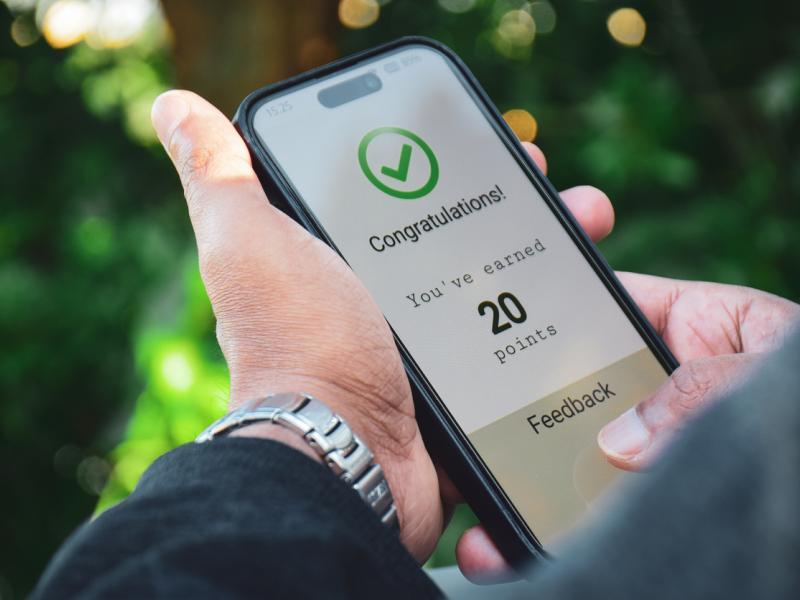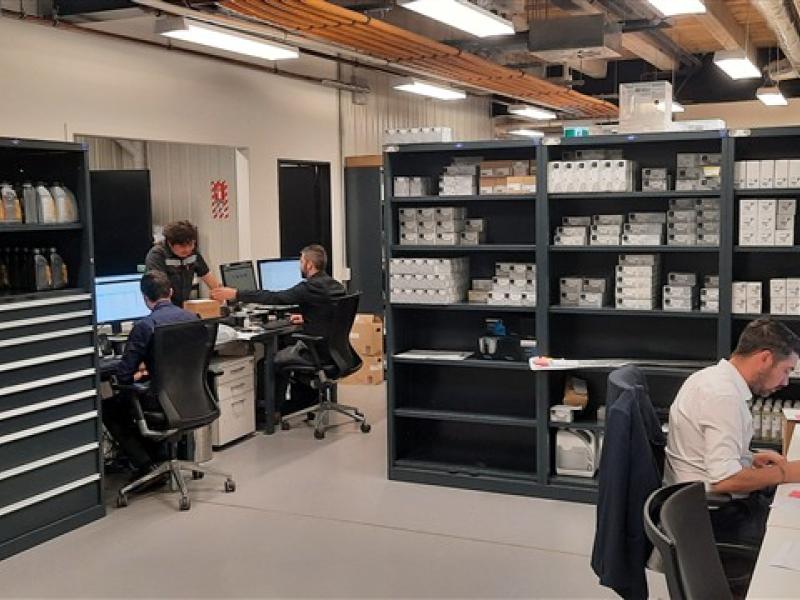Richard Conway explains how AI technology can streamline your workflow and boost creativity.
I believe we are at a pivotal moment in history.
In November 2022, OpenAI, funded by Microsoft among others, launched ChatGPT.
The uptake was immediate, and adoption was profound. As of January 2023, there were more than 13 million daily visitors and more than 100 million users.
Technology like this (and Google’s equivalent, Bard) is set to disrupt many industries, including digital marketing.
Generative AI (artificial intelligence) can create a blog post based on defined parameters in seconds; the technology can debug code, write a poem, and even create a business plan – and we are only just scratching the surface.
Many companies have already started leveraging AI and churning out AI-generated content.
In response, Google released the following commentary:
“When it comes to automatically generated content, our guidance has been consistent for years. Using automation – including AI – to generate content with the primary purpose of manipulating ranking in search results is a violation of our spam policies.
“However, not all use of automation, including AI generation, is spam. Automation has long been used to generate helpful content, such as sports scores, weather forecasts, and transcripts. AI has the ability to power new levels of expression and creativity and can serve as a critical tool to help people create great content for the web.
“This is in line with how we’ve always thought about empowering people with new technologies.”
Where ChatGPT excels
In our experience with ChatGPT, it often comes back with incorrect facts and misses the human element. However, where it seems to be of great value is in mining information quickly to generate ideas for a subject matter expert to supplement his or her research.
ChatGPT is particularly useful for stimulating creativity when experiencing writer’s block. For example, I recently used the platform to suggest some ideas for an article. I asked for ten ideas of articles for a certain topic based on current search trends, which produced some excellent ideas, one of which I used as the basis for the article I was writing. I then asked for bullet points on that topic to see what it came out with. Interestingly, at this stage, it suggested some things that were factually incorrect. Luckily, as a subject matter expert, I was able to pick that up immediately. I used some of the ideas that resonated with me and elaborated on them with personal experiences and anecdotes.
However, AI has raised ethical questions. Recently, ChatGPT managed to pass the United States Medical Licensing Exam, no mean feat. Thousands of reports show that students are using the software to write assignments and essays for them.
My friend’s daughter and her friends go one step further, they use ChatGPT to write the assignments and then use other software that ‘detects AI written content’ to ensure they don’t get caught out!
It begs the question, how are teachers going to be able to differentiate between ‘human’ and machine copy reliably?
Another concern is what happens to the data generated when we use the platform to crunch our data to provide trends and insights. Does it become accessible by everyone?
AI’s not-to-distant future
In ten years, AI technology will likely permeate everything we do, and we will have our own AI assistant to book meetings, generate code, and find the cheapest price on items.
However, one of the biggest worries is that too many people will use AI to create website copy, and AI will learn from that copy to produce even more.
What does this mean for human creativity?
I believe that there will always be a need for brands and companies to promote and advertise themselves. The mechanism for that may alter dramatically, though.
My challenge to small business owners in New Zealand is to test ChatGPT themselves and think about which areas of their business are inefficient, repetitive, and mundane.
What can they automate and ultimately get AI to do, leaving them to focus on the creative or practical side of their business?
Richard Conway is the author of ‘how to get to the top of google’ and founder and CEO of Pure SEO. www.pureSEO.co.nz






